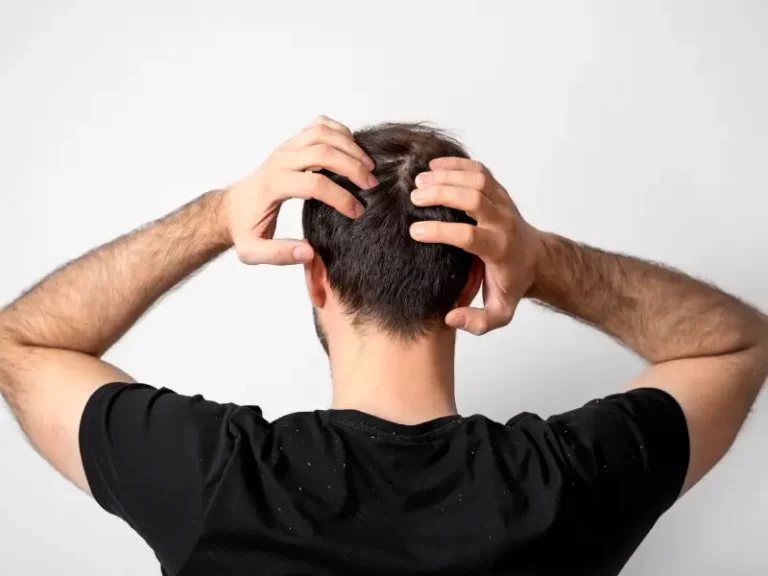Table of Contents
Dealing with dandruff can be frustrating and uncomfortable. But if that’s your case, don’t worry, you’re not alone.
In this article, we’re going to tell you everything you need to know about dandruff – from its causes and symptoms to effective treatments and common misconceptions.
This way, you’ll be able to effectively manage and alleviate this common scalp condition.
What is Dandruff?
Dandruff is a scalp condition where small pieces of skin flake off from the head. It is a common issue that affects people of all ages, and it can be uncomfortable. Usually, it’s not a serious medical concern.
Dandruff can be quite tricky to define because it overlaps with seborrheic dermatitis and other skin conditions that lead to a scaly scalp.
Types of dandruff
But dandruff is not always the same, and understanding what type of dandruff you have is the key to a good treatment.
Dry dandruff
A scalp that’s too dry can become irritated and shed skin cells.
Dry skin dandruff flakes are small and white, and the scalp can be itchy.
This type of dandruff tends to get worse during the winter, since cold, dry weather does dry out the skin, including the scalp.
Indoor heating and frequently washing the hair with hot water may also exacerbate this condition.
Oily dandruff
On the other hand, an oily scalp can also lead to dandruff. These flakes tend to be larger than dry skin dandruff, they may look more yellow than white and may appear oilier, too.
Just below the surface of our skin are glands that produce sebum, an oily substance that helps moisturize and protect your skin. When these sebaceous glands produce too much sebum, it can make your hair oily.
This excess oil can clump together, irritating your scalp and causing dandruff.
Related content: How do you moisturize your hair?
Malassezia is a type of monophyletic genus of fungi found on the skin of every human being.
In some people, it can trigger an inflammatory response that produces dandruff or other conditions.
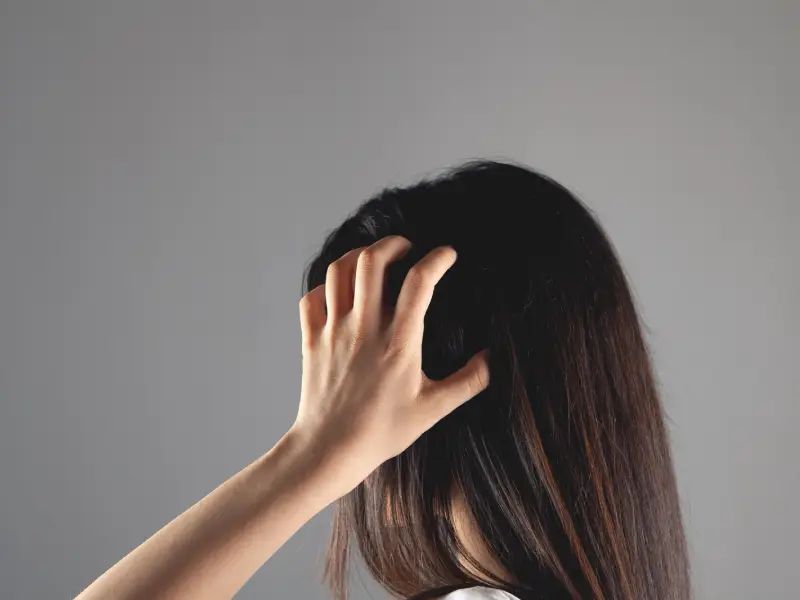
Dandruff symptoms
- Skin flakes on your scalp, hair, eyebrows, beard or mustache, and shoulders
- Presence of dry, flaky skin on the scalp
- Itching
The most noticeable symptom of dandruff is the presence of dry, flaky skin on the scalp. You may also experience itching, which can range from mild to severe.
However, dandruff sometimes goes unnoticed, since the flakes can be stuck to the head and harder to eliminate, common with oily dandruff.
What are the causes of dandruff?
- Infrequent shampooing
- Poor hygiene
- Irritated, oily skin
- Dry skin
- Hereditary
- Malassezia, the fungus which feeds on oils on the scalps of most adults
- Sensitivity to hair care products (contact dermatitis) or even allergies
- Some skin conditions, such as psoriasis or eczema
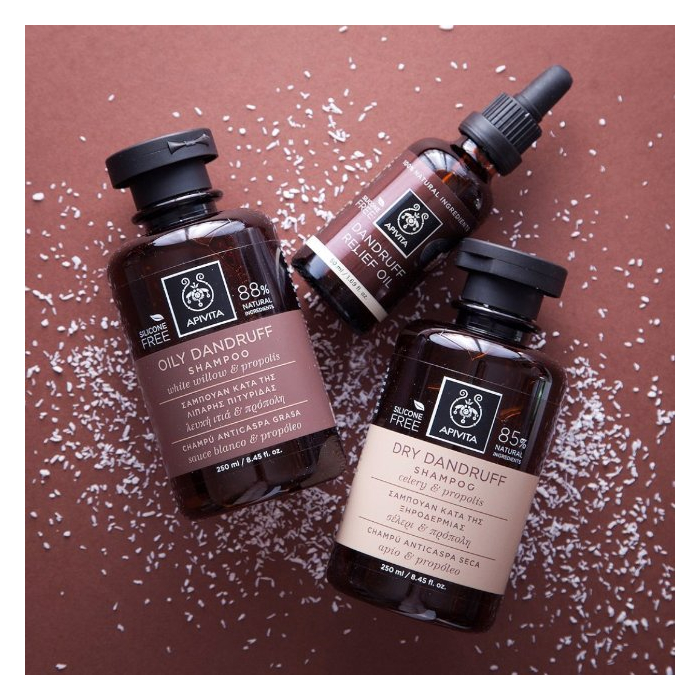
Effective Dandruff treatments
- Anti-dandruff shampoos
- Scalp exfoliation
- Topical steroids
- Antifungal creams or lotions
- Lifestyle changes
Anti-dandruff shampoos
Specifically formulated to combat dandruff, the anti-dandruff shampoos help control flaking and itching associated with various types of dandruff. They work by targeting the underlying causes, providing relief, and promoting a healthier scalp.
TIP: Read our post and discover the best dandruff shampoos.
Shampoos for dry dandruff
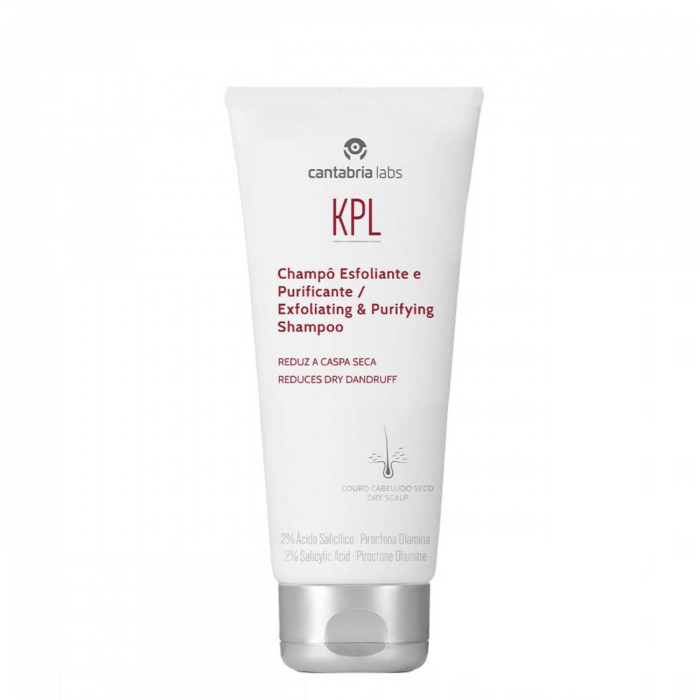
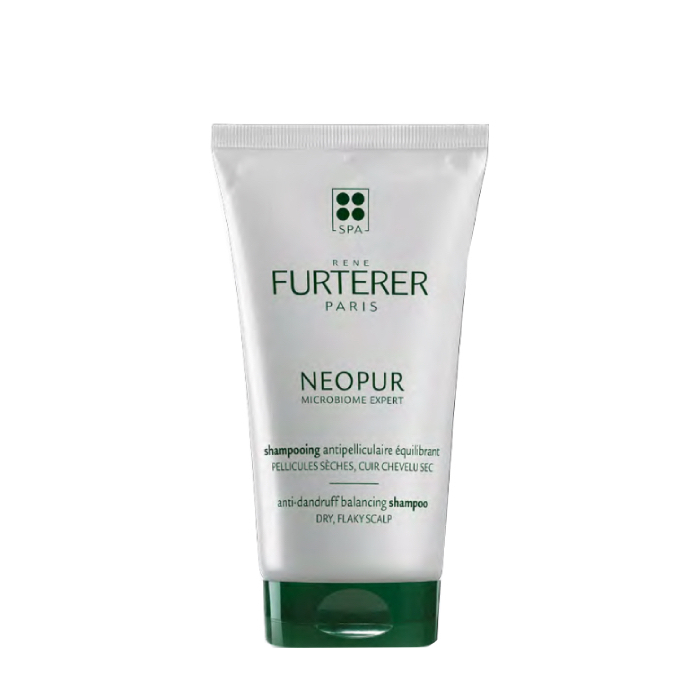
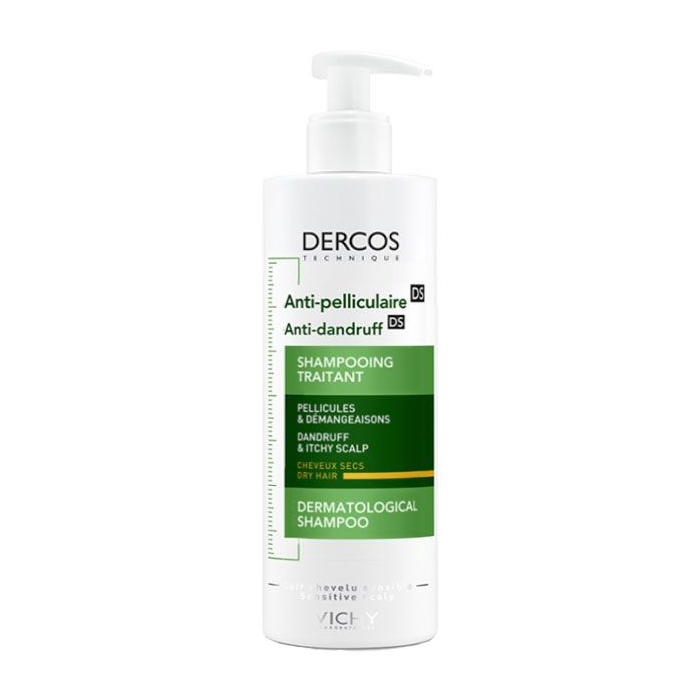
Shampoos for oily dandruff
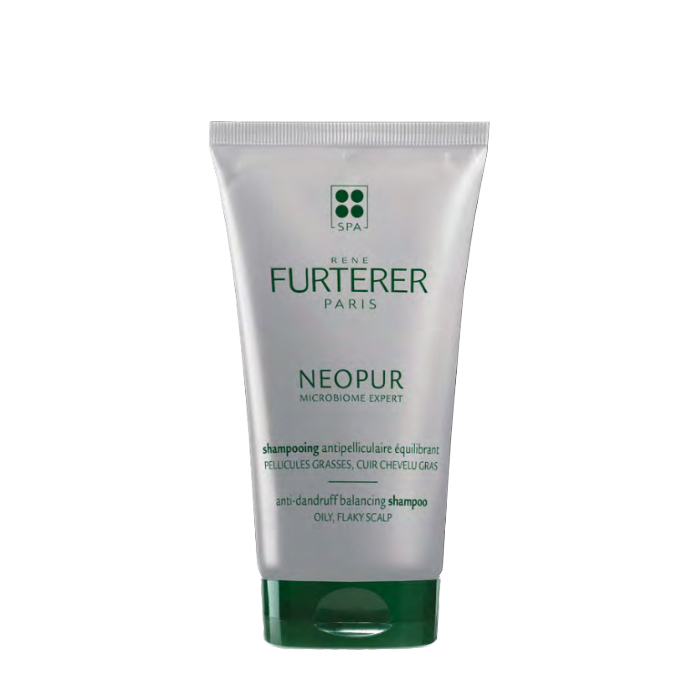
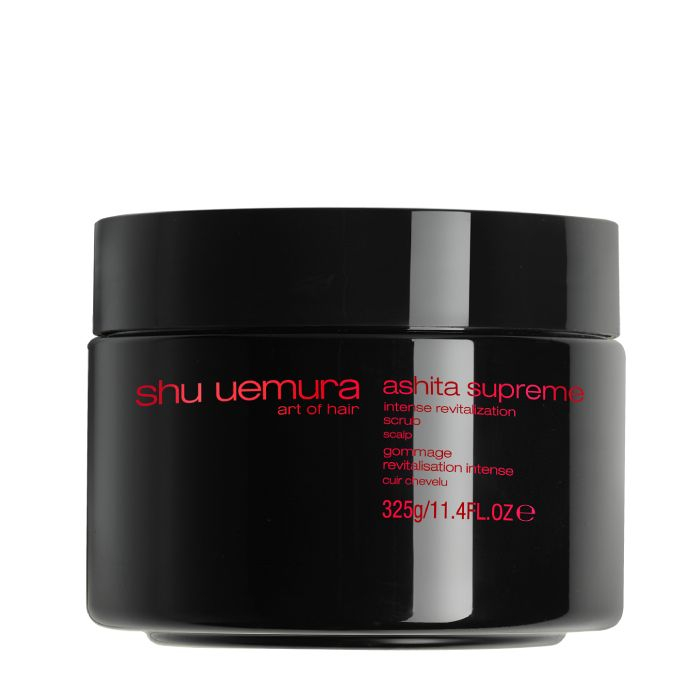
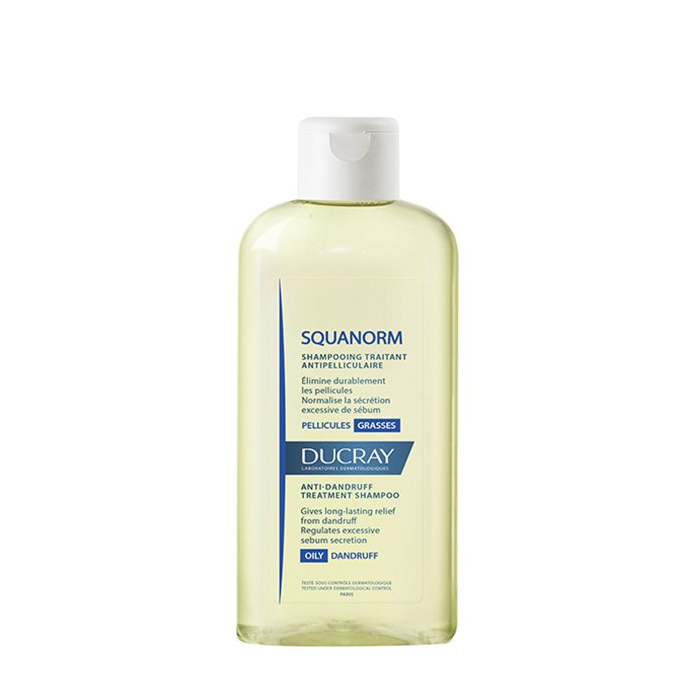
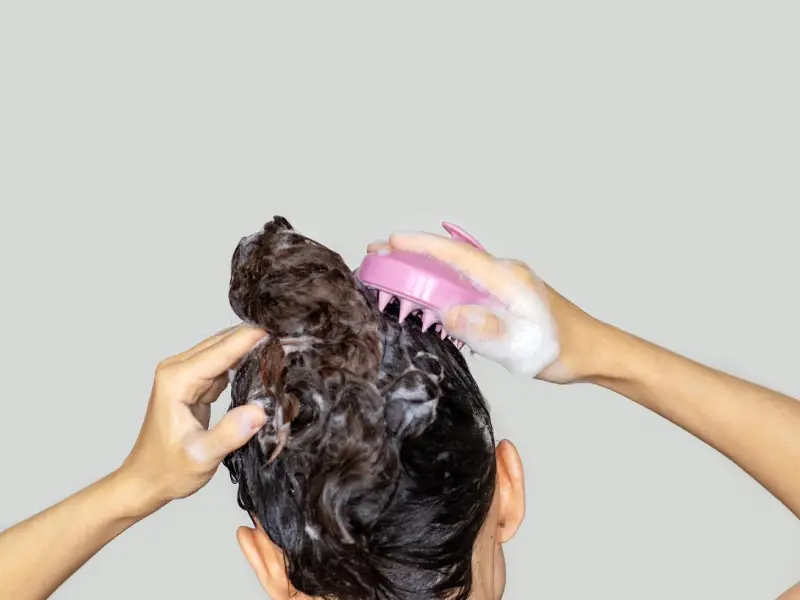
Scalp exfoliation
Gently exfoliating the scalp with a soft brush or a specialized product can help remove dead skin cells, preventing dandruff.
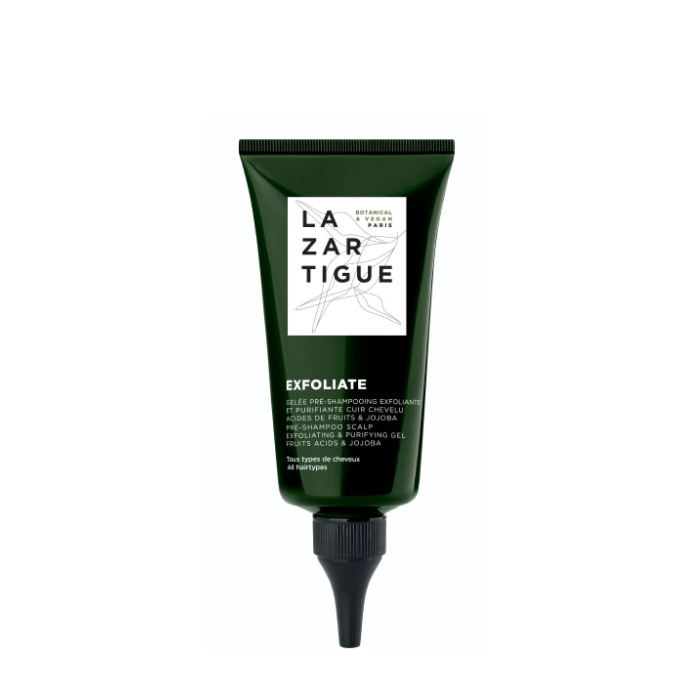
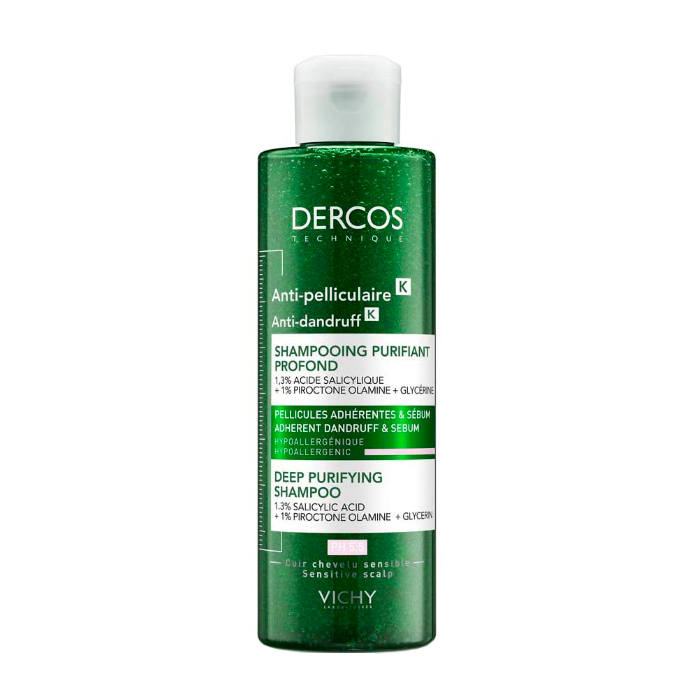
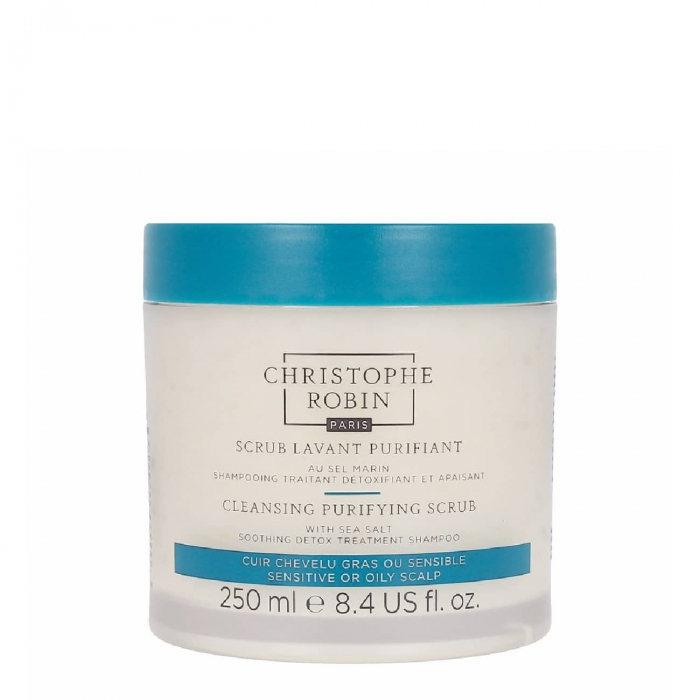
Topical steroids
Sometimes, you may need topical steroids prescribed by a dermatologist to reduce inflammation and itching.
Antifungal creams or lotions
If dandruff is caused by a fungal infection, antifungal creams or lotions may be recommended.
Lifestyle changes
Certain lifestyle changes can complement dandruff treatments.
- Balanced diet: Eating a diet rich in nutrients can support overall skin health.
- Stress management: High-stress levels can exacerbate dandruff.
- Avoid harsh hair products: this can help to prevent dandruff and an irritated scalp.
Common mistakes in Dandruff treatment
Dealing with dandruff can be a frustrating experience, and it’s not uncommon for individuals to inadvertently make mistakes in their efforts to alleviate it.
If you’ve tried some of these treatments and they didn’t work, know what mistakes you could be making:
- Inconsistent treatment: One of the most prevalent mistakes is inconsistency in treatment. Some may expect immediate results and become discouraged when they don’t see an immediate improvement.
- Using the wrong products: Not all dandruff shampoos are created equal. It’s crucial to choose a product containing active ingredients known to combat your specific type of dandruff.
- Improper application: Some shampoos require a certain amount of time on the scalp before rinsing, while others should not be left on for extended periods. Understanding and following the instructions on the bottle is key.
- Overwashing or underwashing: Striking the right balance in how often you wash your hair is crucial. Overwashing can strip the scalp of natural oils, exacerbating the issue, while underwashing can lead to a buildup of dead skin cells and oils, making dandruff more apparent.
FAQs
How many times should hair be washed while dealing with dandruff?
According to the American Academy of Dermatology, Caucasians, and Asians should use dandruff shampoo twice a week and shampoo daily with a rebalancing shampoo that complements anti-dandruff treatments.
Rebalancing shampoos are dermoprotective by gently washing and moisturizing the hair and scalp. African Americans should only shampoo once a week using a dandruff shampoo.
Can stress cause dandruff?
Yes. High-stress levels can exacerbate dandruff but are usually not the main cause of it.
Finding effective stress management techniques can help in reducing dandruff.
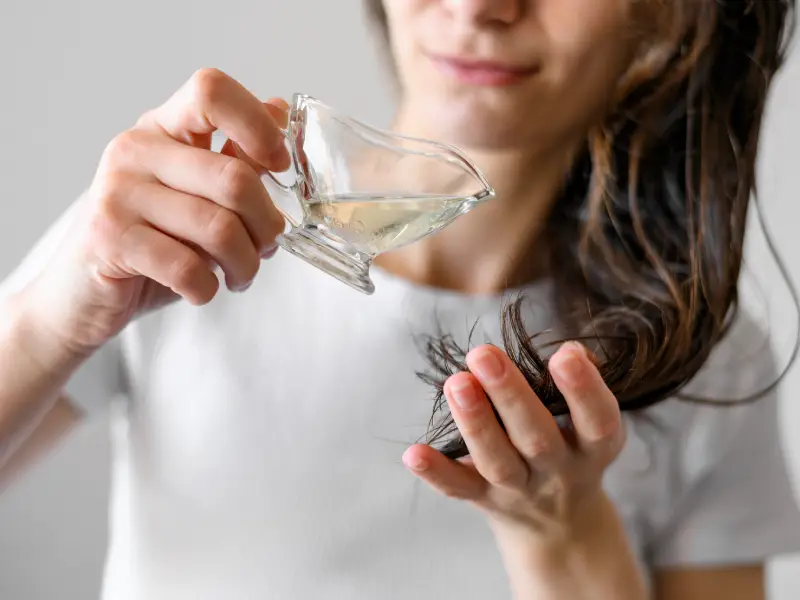
Are there any home remedies for dandruff?
Although home remedies are sometimes disapproved by professionals, these ingredients are proven to help with dandruff:
- Tea tree oil: It has natural antifungal properties;
- Apple cider vinegar: It can help balance the pH levels of the scalp;
- Coconut oil: It can moisturize and soothe the scalp;
- Aloe vera: It has anti-inflammatory and moisturizing properties.
What ingredients should I look for in anti-dandruff shampoos?
Look for dandruff shampoos containing active ingredients like:
- Pyrithione zinc: Helps to destroy bacteria and fungus on the scalp. Shampoos with this ingredient are appropriate for most hair types;
- Salicylic acid: It is a gentle exfoliant that helps remove dead skin cells from the scalp. Many shampoos with this ingredient can be used every day, while others are recommended for use 2 to 3 times a week;
- Sulfur: This is an antifungal agent that can help combat the overgrowth of yeast on the scalp. Especially beneficial for those with stubborn or severe dandruff;
- Coal Tar: This helps to slow down the rapid growth of skin cells on the scalp, reducing flakiness. However, tar shampoos can potentially discolor light-colored hair;
- Selenium sulfide: This type of shampoo works by slowing down the growth of skin cells on the scalp and reducing the yeast that can contribute to dandruff. This ingredient can cause some hair discoloration if you don’t thoroughly rinse your hair after washing;
- Ketoconazole: An antifungal agent that can be highly effective against the yeast that leads to dandruff. It’s available both over-the-counter and in prescription-strength formulations.
Can dandruff be cured permanently?
While dandruff can often be effectively managed, it may not always be cured permanently. It often requires ongoing treatment and maintenance.
Are there any side effects of dandruff treatments?
Some treatments, such as those containing coal tar, may have side effects like potential discoloration of light-colored hair or increased sensitivity to sunlight. It’s important to follow product instructions and consult a dermatologist if you have concerns.
Do showers make dandruff worse?
Frequent, long, and hot showers can exacerbate dandruff in some individuals.
Is Head and Shoulders good for dandruff?
H&S shampoo helps to reduce excess oil and dandruff caused by fungus, but if your dandruff is caused by a dry scalp, this type of shampoo can make it worse, by further drying the scalp and hair.
Should you scratch dandruff before washing your hair?
It’s generally not recommended to scratch or vigorously rub your scalp to remove dandruff before washing your hair, since this can potentially irritate the scalp and exacerbate dandruff symptoms. Instead, it’s better to use a gentle exfoliator.
Is Dandruff contagious?
No, dandruff is not contagious. You cannot “catch” dandruff from someone else.
Can I color my hair if I have dandruff?
Yes, you can color your hair if you have dandruff, but it’s essential to choose hair color products that are gentle and not likely to irritate the scalp. If you have concerns, consult a dermatologist and ask if your scalp can be in contact with substances that dye hair (chemicals or non-chemicals, they all have irritating potential).
Can I use regular shampoo instead of anti-dandruff shampoo?
Regular shampoos may not effectively address the underlying causes of dandruff. It’s recommended to use specialized anti-dandruff shampoo for better results.
Dandruff vs Seborrheic dermatitis
Dandruff and seborrheic dermatitis are both scalp conditions characterized by flaking of the skin, but they have distinct differences.
Dandruff is a milder form, resulting in small, white, or yellowish flakes of dead skin cells. It is not typically associated with inflammation and may cause mild itching. Dandruff is often caused by factors like an overgrowth of the yeast-like fungus Malassezia, excess oil production, or sensitivity to hair care products.
Seborrheic dermatitis, on the other hand, is a more severe and chronic form of scalp inflammation. It leads to thicker, greasy scales, redness, and potentially more intense itching. Seborrheic dermatitis can extend beyond the scalp, affecting areas with a high concentration of oil glands, like the face and upper chest.
Conclusion
Managing dandruff doesn’t need to be a constant battle. Armed with knowledge about its causes, symptoms, and effective treatments, you can take control and enjoy a flake-free scalp.
However, if you have already tried these over-the-counter solutions and your dandruff persists, you may need to consult a doctor.
Consider this if you have ongoing redness or irritation, a rash that doesn’t go away, a persistent scaling that doesn’t stop with OTC shampoos, and/or extreme itchiness.
